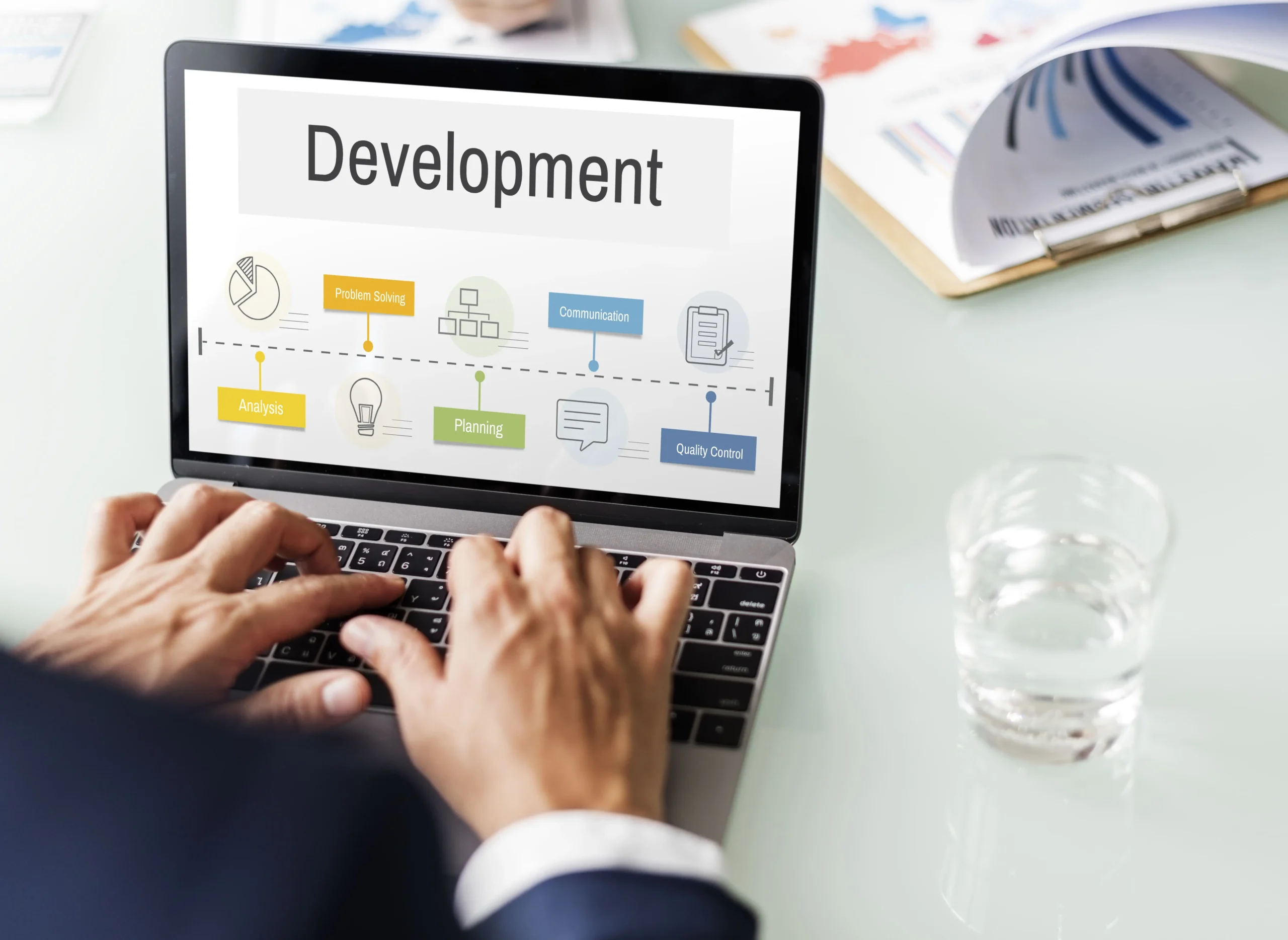
Comprehensive Guide to Software Development Methodology
Welcome to SentieroTech’s comprehensive guide on software development methodology. In this guide, we will explore the various methodologies that drive software development projects, helping you understand their key components, benefits, and how to choose the right one for your project.
What Is Software Development Methodology?
Software development methodology is a structured approach used to plan, manage, and execute software projects. These methodologies provide a systematic framework for designing, developing, and delivering software products efficiently and effectively. They help teams coordinate their efforts, manage changes, and ensure quality and reliability in the final product.
Waterfall Model
The Waterfall Model is one of the earliest methodologies in software development. It follows a linear and sequential approach where each phase must be completed before the next begins. The stages typically include requirements analysis, system design, implementation, testing, deployment, and maintenance. While the Waterfall Model is straightforward and easy to manage, it can be inflexible and challenging to adapt to changes once the project is underway.
Agile Development
Agile Development is a flexible and iterative approach that emphasizes collaboration, customer feedback, and small, rapid releases. Agile methodologies break down the project into smaller parts called sprints or iterations, typically lasting two to four weeks. This allows teams to adapt to changes quickly and deliver functional software incrementally. Agile is particularly effective for projects with evolving requirements and where client involvement is critical.
DevOps
DevOps is a methodology that integrates development (Dev) and operations (Ops) teams to improve collaboration and productivity. The goal of DevOps is to shorten the development lifecycle and deliver high-quality software continuously. It involves practices like continuous integration, continuous delivery, automated testing, and infrastructure as code. DevOps helps in achieving faster time to market, improved deployment frequency, and more reliable releases.
Rapid Application Development (RAD)
Rapid Application Development (RAD) focuses on quick prototyping and iterative development with minimal planning. RAD emphasizes user involvement and feedback, enabling developers to adjust and refine the product throughout the development cycle. This methodology is ideal for projects that require rapid delivery and where requirements are expected to change frequently.
Scrum Framework
Scrum is a popular Agile framework that structures development into fixed-length iterations called sprints, typically lasting two to four weeks. Scrum teams consist of a Scrum Master, Product Owner, and development team members. Key practices include daily stand-up meetings, sprint planning, sprint review, and sprint retrospective. Scrum’s focus on iterative progress and regular feedback helps teams stay aligned and adapt to changes efficiently.
Kanban Method
Kanban is another Agile methodology that emphasizes visualizing the workflow and managing work in progress. It uses a Kanban board to represent tasks and their statuses, allowing teams to see the flow of work and identify bottlenecks. Kanban encourages continuous delivery and improvement, making it suitable for projects requiring a steady stream of deliverables and ongoing work.
Lean Development
Lean Development draws principles from lean manufacturing to optimize efficiency and reduce waste in software development. It focuses on delivering value to the customer, minimizing delays, and improving quality. Lean practices include value stream mapping, just-in-time development, and continuous improvement. This methodology is effective for projects aiming to maximize efficiency and value while reducing unnecessary efforts.
Key Components of Software Development Methodologies
Regardless of the specific methodology, several key components are essential for effective software development:
– Requirements Analysis: Understanding and documenting what the software needs to achieve.
– Design: Planning the architecture and components of the software.
– Implementation: Writing the actual code and developing the software.
– Testing: Verifying that the software works as intended and is free of bugs.
– Deployment: Releasing the software to users.
– Maintenance: Updating and improving the software after release.
Choosing the Right Methodology
Selecting the right software development methodology depends on several factors:
– Project Size and Complexity: Larger and more complex projects may benefit from structured approaches like Waterfall or Agile.
– Customer Involvement: Projects requiring frequent customer feedback may be suited to Agile, Scrum, or RAD.
– Flexibility and Adaptability: If requirements are expected to change, Agile, Scrum, and Kanban offer the flexibility needed.
– Time to Market: For projects needing rapid delivery, DevOps and RAD are excellent choices.
– Team Structure and Skills: Consider the skills and preferences of your development team when choosing a methodology.
At SentieroTech, we understand that every project is unique, and selecting the right methodology is crucial for success. Our team of experienced developers is proficient in various methodologies and can help tailor the right approach for your project. Contact us today to learn how we can help you achieve your software development goals efficiently and effectively. By exploring and understanding these different methodologies, you can make informed decisions and enhance your software development processes. Whether you are a startup or an established enterprise, choosing the right methodology can significantly impact your project’s success and overall business growth.




